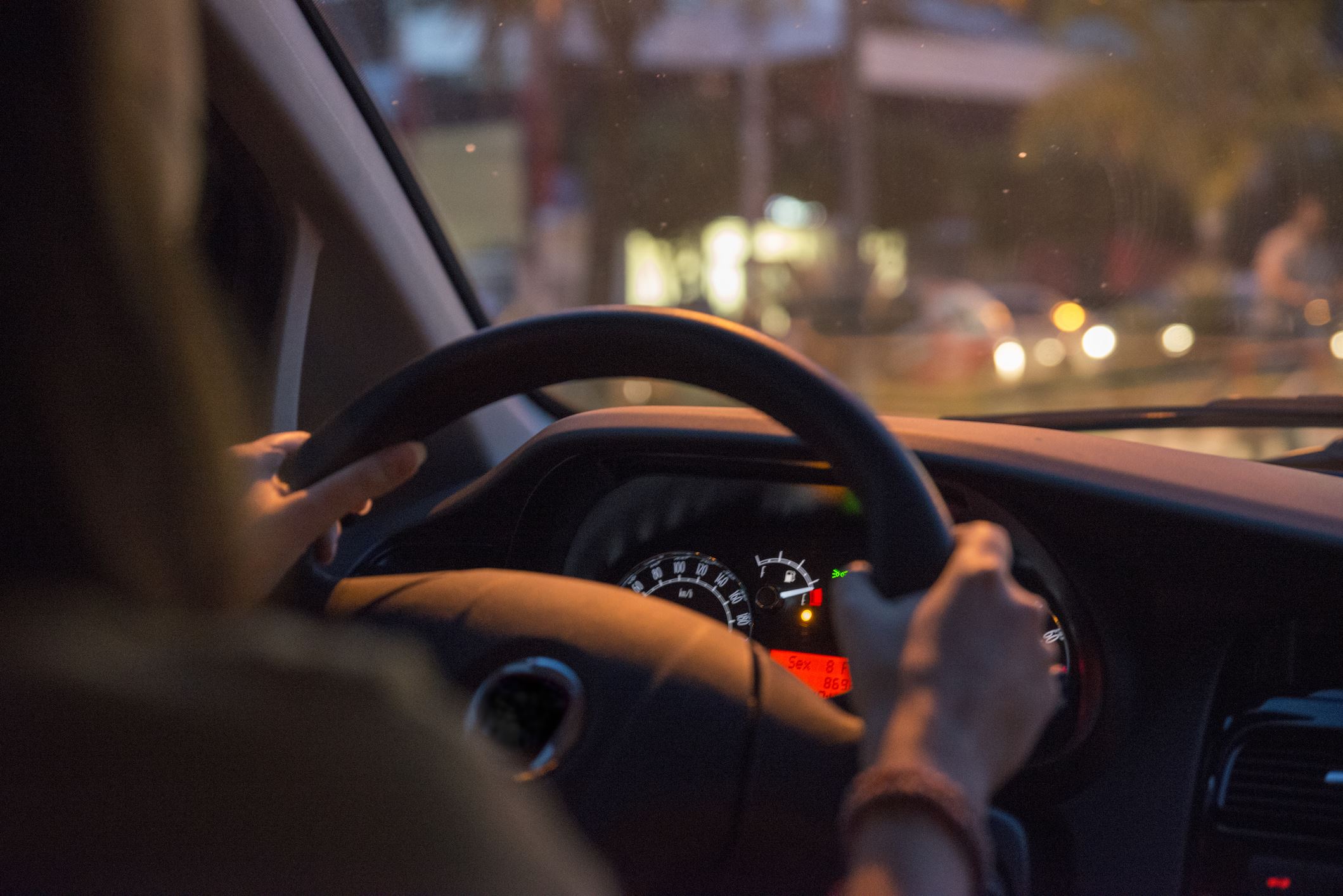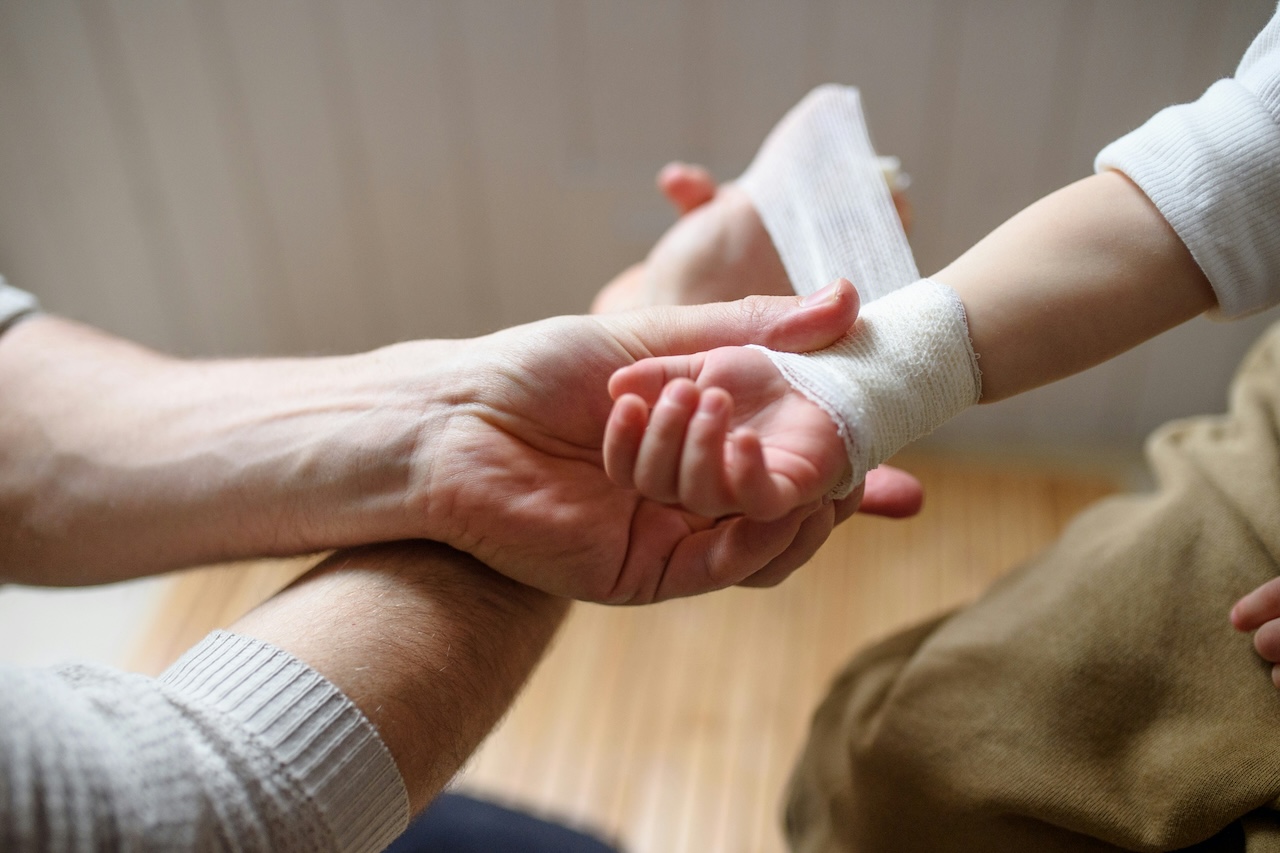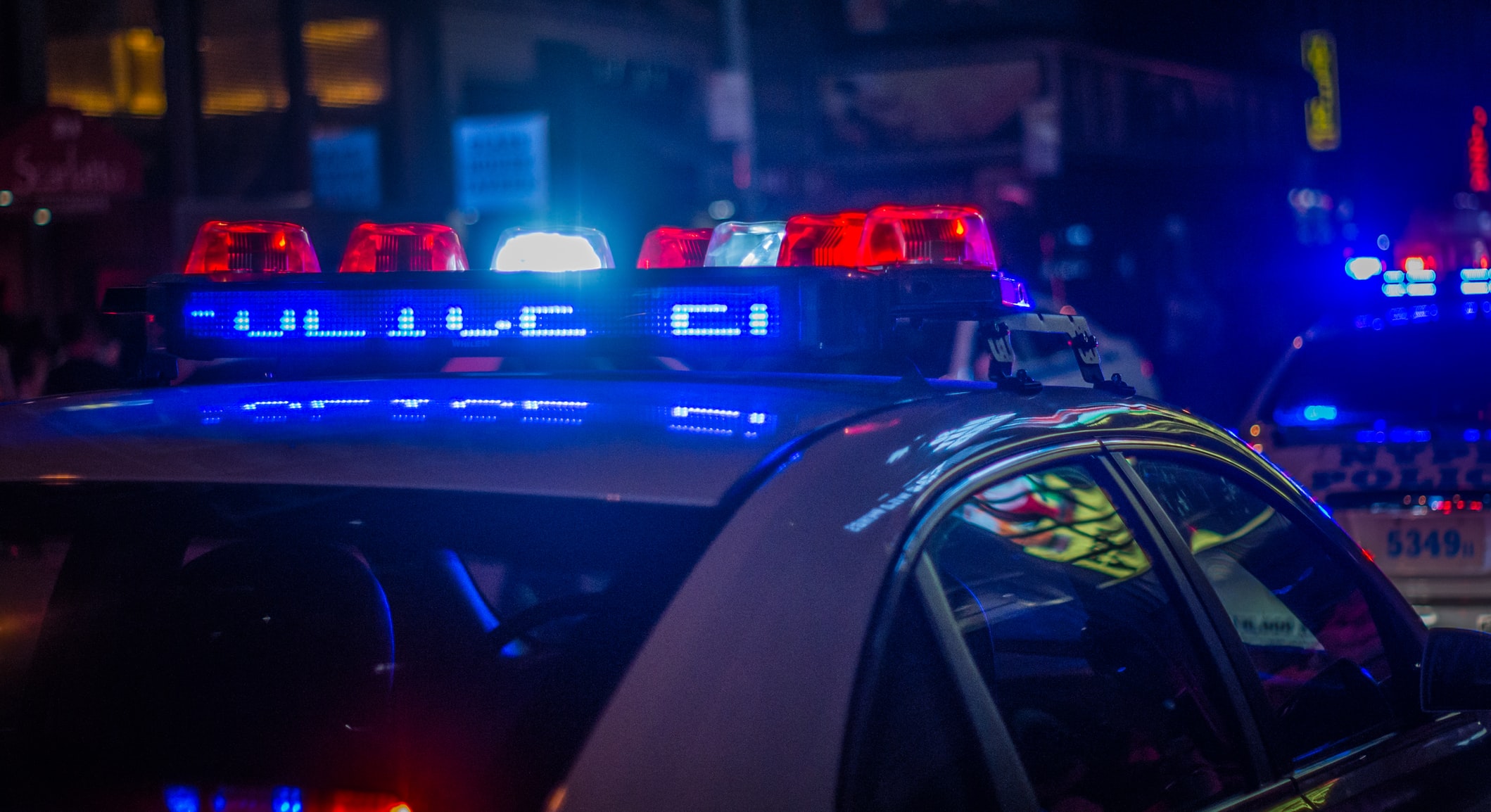Many of us know that driving after drinking alcohol is dangerous. But do you know exactly how or why alcohol affects a motorist’s ability to drive safely?
In order to control the vehicle when you drive, you require the use of your hands, eyes, and feet, all of which are controlled by your brain. This task is one that involves rapidly changing road conditions and you must be vigilant, alert, and able to make quick decisions at all times.
However, alcohol affects your brain’s ability to respond to situations and send signals to other parts of your body. Here are some crucial driving skills that are affected by drinking:
- Judgment. Even after consuming a small amount of alcohol, drivers have more difficulty making clear and sound decisions behind the wheel.
- Reaction Time. Alcohol slows reflexes, which directly decreases the person’s ability to make split-second decisions.
- Vision. When under the influence of alcohol, an individual experiences slower eye muscle functions and reduce peripherals. This can lead to double vision and prevent a driver from seeing the road clearly.
- Concentration. Alcohol impairs a driver’s ability to concentrate on multiple tasks that driving entails, and instead leaves an individual only concentrating on one act.
- Coordination. Drinking affects one’s foot/hand/eye coordination, making it difficult to react in time to a particular situation.
- Comprehension. Alcohol impairs a driver’s ability to understand and interrupt road signs, signals, and situations.
SIGNS OF IMPAIRED DRIVING
Remember, even a small amount of alcohol can lead to dangerous situations. If you feel differently, you drive differently. Even if you don’t drink and drive or ever get into a vehicle with an impaired driver, it’s important to remember that drunk driving accidents can happen to anyone.
Anytime you are on the road, you should always stay vigilant and keep your eye out for reckless drivers or ones you believe may be under the influence. Some common signs of impaired driving include:
- Quick acceleration and deceleration
- Swerving
- “Hugging” the center median
- Stopping without cause
- Tailgating
- Excessive speeding or driving unusually slow
- Stopping for extended periods of time at stop signs
- Ignoring red lights, stop signs, and other traffic lights
If you or a loved one is injured in a drunk driving accident, please don’t hesitate to contact Huffman & Huffman for caring legal advocates in your corner. We understand that a drunk driving accident can lead to physical and emotional wounds that prevent you from living the life you did before.
Our Newport News car accident attorneys are dedicated to holding responsible parties accountable and helping you achieve justice and the compensation you deserve.
Our family is here to help yours. Contact Huffman & Huffman at (757) 599-6050 to schedule your free, no-obligation consultation.
 Text Us
Text Us  Call Us
Call Us 







